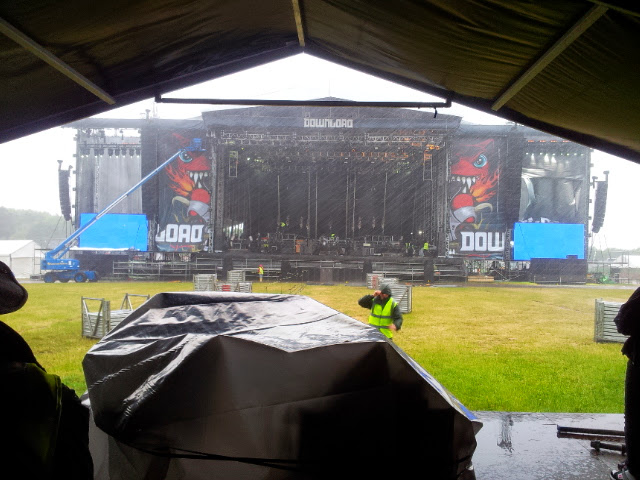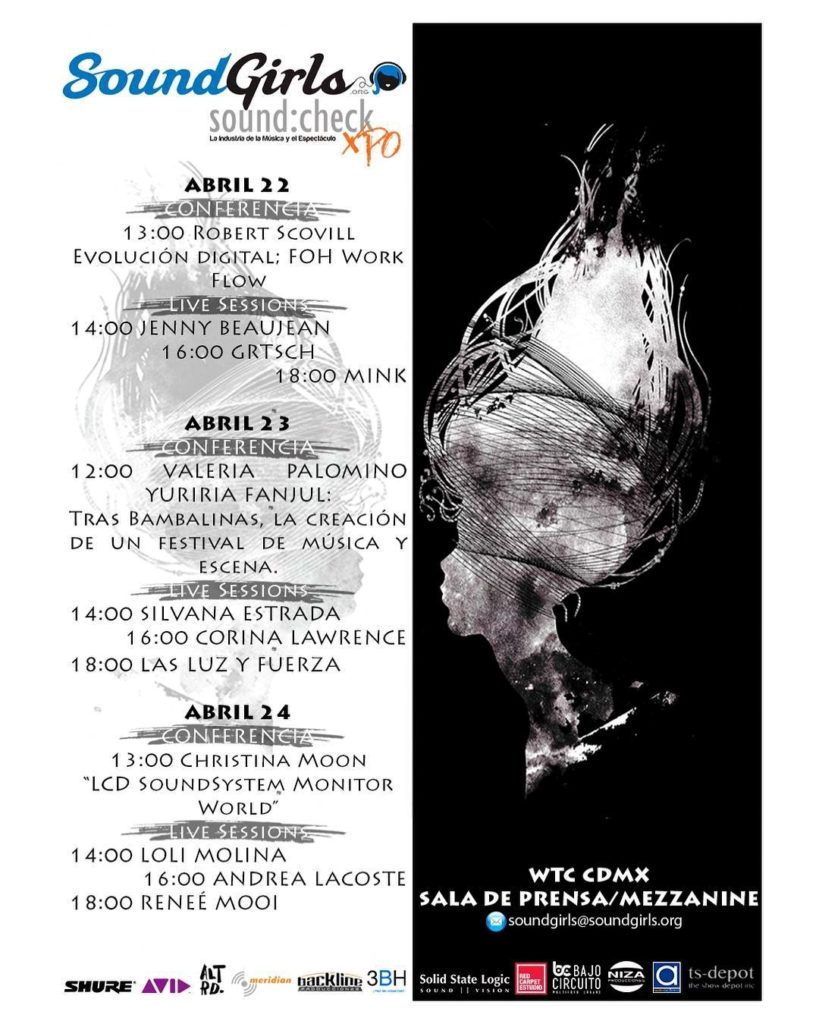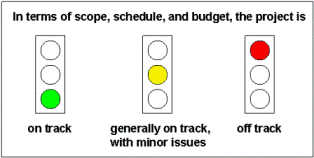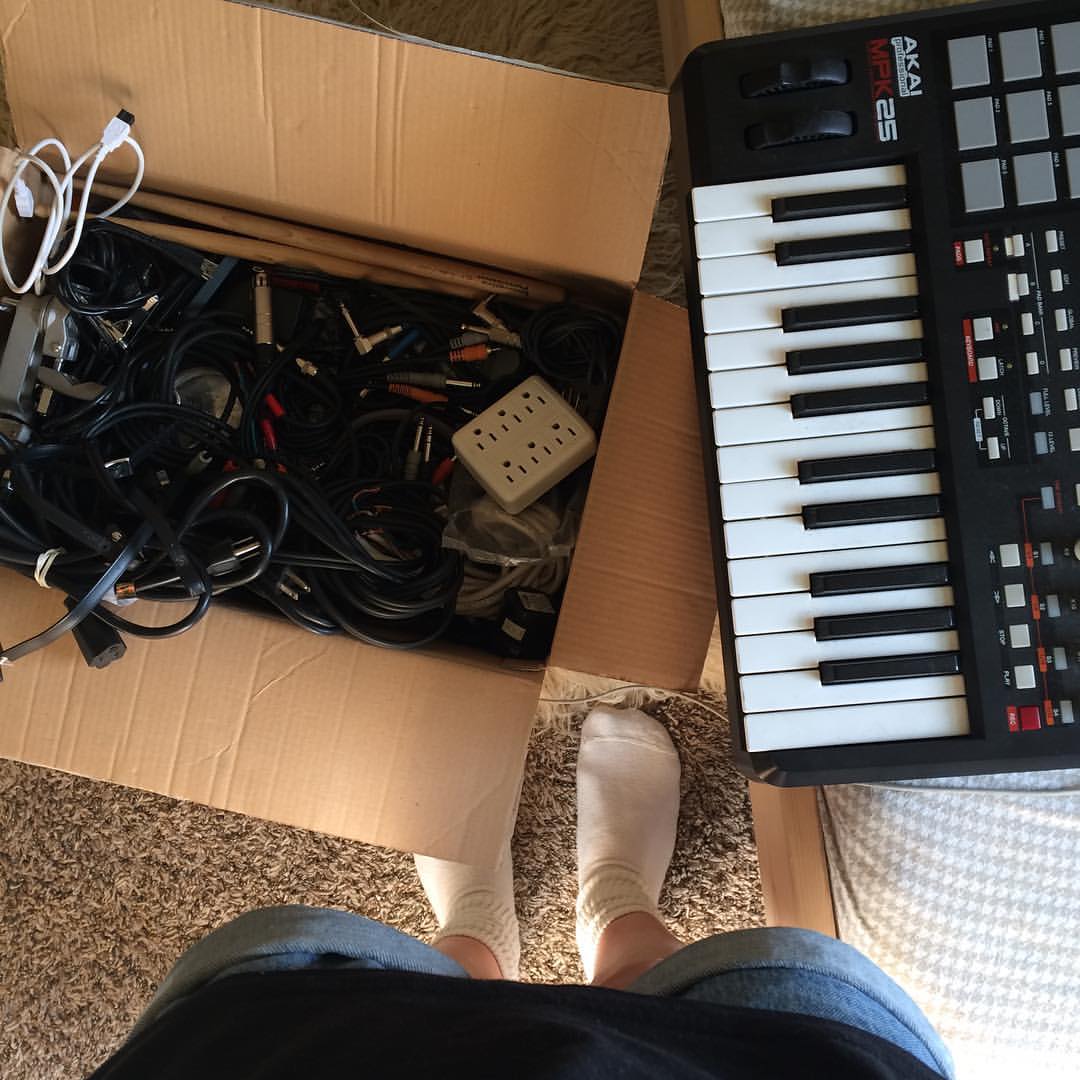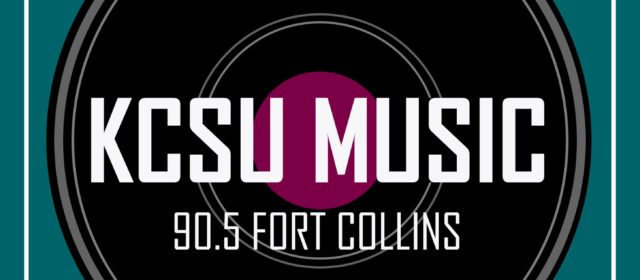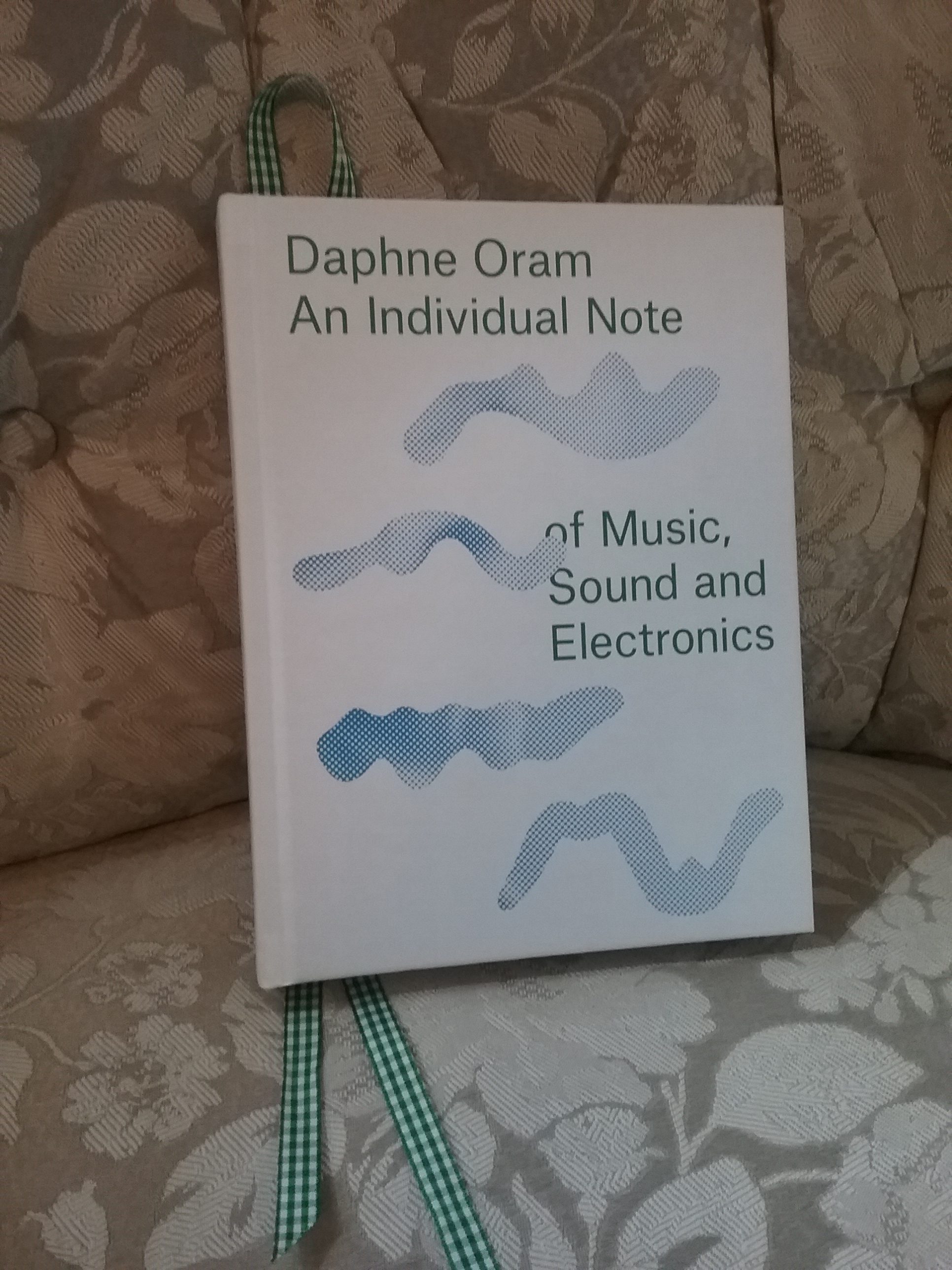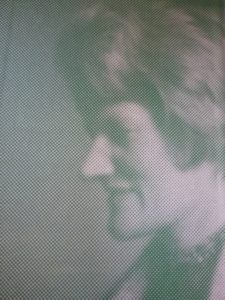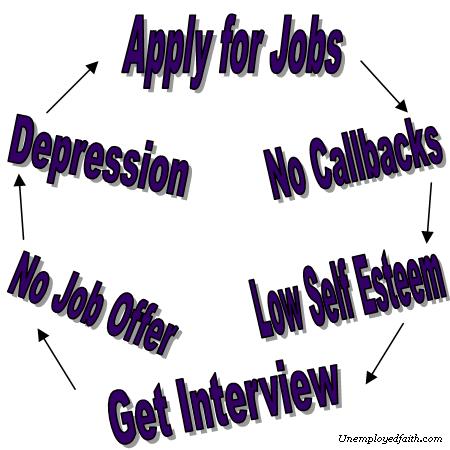For my March blog post, I’m going to answer two questions I was recently asked.
How do you manage performance while stressed/upset? Like today I played a show and I was really stressed all day, and I could really feel it when I was on stage. I was really still and didn’t move a lot and, I could feel it in my voice too. What do you do to kind of control that?
I’m really close with my parents but they’re a little bit unsupportive of my choice to go for music. My mom more than dad. So far I’ve gotten into all the colleges I applied for, and I also might be able to get a full ride to another school that used to be my top until I realized I didn’t like the programs there. My backup is either graphic design or entertainment management, both of which are at the college I want to go to. If I go to the school I want to go to, my friend and I are gonna get an apartment together and really work hard on building our band and putting ourselves out there.
I know at the end of the day it’s my decision but it’s difficult to discuss this with my family. All in all, I guess I know they just care and want the best for me and are coming from a good place. But it’s so difficult to face that, and it affects me a lot (especially performing). Did you have to deal with something like this?
I’m going to answer these questions together, as they are both about maintaining composure and performing well even under stress and sadness.
Yes. The late teens and early twenties are inherently chaotic times for most of us. The arts are scary to a lot of people for a lot of reasons, including issues of self-love, capitalism, and creative blockage. Often it seems easier for children of musicians to find their way into music, and I speculate as to whether this is a result of fewer barriers such as these.
As you say (and you are completely right), it’s your decision at the end of the day. If you can go to college for free and do not have another opportunity conflicting with college (e.g., an all-expenses-paid impending tour for your band), it is probably a smart choice to go to college. It’s hard to go to college for free in the US, and if you find yourself at a crossroads, you can always switch your area of study or leave altogether. At the end of the day, finding your path takes time and you will make mistakes. Period.
It sounds like the emotions or thoughts of people around you affect you strongly, and I think a lot of creative people have this trait. I definitely struggled (and still do) with navigating the feelings and thoughts of people around me, especially my loved ones. When I was in my preteens and teens, my biggest challenge as a performer was learning to stop worrying about what my audience thought of me and my songs. At this point, my audience was mostly my friends and family. I wrote a lot of songs about my parents, growing up in a small town, moving a lot (divorced family), and that sort of thing. People would cry, and give my parents the stink eye. I would be nervous to sing new songs that talked about this stuff, but I faced the fear and would do it anyway. I’m glad I did it, but it was not glamorous! It was terrifying and embarrassing, but also totally necessary.
Oddly, my parents never really confronted me about anything I said in my songs. In this sense, they were very respectful of my creative inclination. However, they were not able to provide me stability through high school, college, and after college. For me, these years were a hodgepodge of putting pieces together, and aside from my grandparents buying me a microphone for my birthday and my aunt paying for my college textbooks, every dime I spent was my own money. Any bit of space I’d previously been able to occupy in their homes all but dissolved as their own romantic relationships started to dissolve. I was stuck in the middle trying to figure out how to make my life happen. Both my parents felt awful and their home lives were coming apart at the seams. I felt terrible for them and wanted to help them, but also I just wanted someone to help me drive my stuff to my new apartment and walk it up the stairs, and maybe to help me put up curtains. Maybe eat dinner with me in my new apartment. I was barely 20 after all. With no one to do these things with, I did them by myself. It was sad, and exhausting, especially after it went on for years. Other family members would say things like “Well if you’re not feeling great, maybe try something else.” What they didn’t realize is that making music DID feel great; it was one of the ONLY things that felt great! But I was only able to do it after a 40 hour work week, after getting off the phone with a crying parent, after cooking and cleaning and paying all my bills, after dragging a desk up the stairs to my apartment by myself.
Really the thing that felt bad was getting through all of the chaos to put my life together in a way that allowed me to make music more often than not. I had to trust that this much was true.
It actually can get harder as you get a little older. Many, many well-meaning people will see your “musician lifestyle” as a lack of commitment to your own self-worth and life. Many will ask why you would do something that doesn’t pay very well, especially during the beginning years. I have lost count the number of times a well-meaning family member or friend has told me to “be ready to get a real job when the time comes.” The sting never lessens, but you indeed become less and less concerned with getting stung at all. So much of the life of an artist consists of stings. It’s part of the job. A lot of times, the discouraging family member is actually just worried about you. They don’t want you to go through all that pain and sadness.
At first glance, all this chaos may seem like something you should avoid. But, listen to other artists and musicians. Their stories always have chaos! They always have tough decisions. They always have shows where something is affecting their emotional state and they need to power through anyway. Channel all the bad stuff into your performance. Treat every performance as an opportunity to be your best performance ever. It’s a skill you must practice to get better at. Play lots and lots of shows and get feedback and keep challenging yourself. Work.
I have a joke I tell myself which is that “the life of an artist is a life of constant embarrassment.” No matter how successful you become, you will always need to take risks to make meaningful work. Taking a risk means there is a possibility you could fail. Furthermore, there will always be people who find a way to undermine you. There is always failure, there is always rejection, and there are always haters. There is always the fear that you may be misunderstood. Check out this interview with Janelle Monae where she talks about how she is afraid of rejection right now.
Every single person has their own struggle. It may not come early on—it may come later in a career. Regardless of when and what it is, it is meant to provide strength and wisdom.
